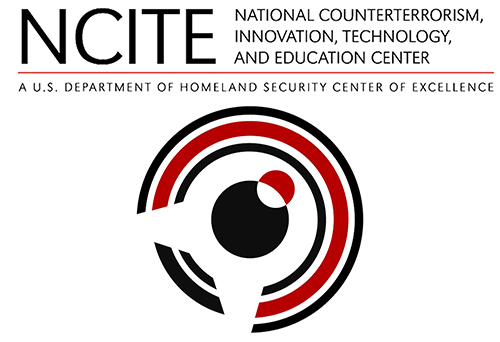
National Counterterrorism Innovation, Technology, and Education (NCITE) Studying how family members respond to loved ones identifying with white supremacist extremism
August 30, 2021
Law enforcement, policymakers, and the public widely regard domestic terrorism and white supremacist extremism (WSE), in particular, as a growing threat with global connections and substantial digital infrastructure. In 2020, the Department of Homeland Security (DHS) awarded the University of Nebraska Omaha a 10-year, $36 million grant to launch the National Counterterrorism Innovation, Technology, and Education (NCITE) Center of Excellence, a consortium-based academic hub involving 18 universities to better understand why and how people turn to terrorism, identify early warning signs of radicalization of would-be terrorists and offer ideas about how to interrupt that mobilization process to keep Americans safe abroad and in their communities.
As part of the NCITE consortium, Chapman University’s team, consisting of Sociology Professor Dr. Pete Simi as lead investigator along with research assistants Amy Aghajanian (‘20), Corinne Tam (‘20), and Marisa Quezada (‘22), is studying how family members respond to a loved one who begin identifying with white supremacist extremism.
“Throughout the past year, I have grown both professionally and personally in my research with Pete. Seeing the passion in my peers and other researchers across the country has inspired me and given me a stronger sense of hope in an often overwhelming world.” Marisa Quezada
The project relies on in-depth interviews with family members who have a relative that has experienced this type of radicalization focusing on their perceptions of what lead their relative to embrace WSE, whether the families seek community support or other means to address the issue, and what types of recommendations these individuals might have in terms of preventing this type of radicalization. The project goal will be to develop toolkits that can be combined with other prevention and intervention resources to help support families proactively address this problem before anyone is seriously harmed.
“Working with Pete has been incredibly eye-opening; I’ve learned a lot through his mentorship and in how he has led our team throughout the year. I’ve also enjoyed the opportunity to collaborate with other researchers from across the country in applying sociology to real-world issues.” – Corinne Tam
In Year 1, Chapman’s partnership with NCITE and the grant award from DHS provided our team the opportunity to hire several Chapman students who gained experience working on a project directly related to public safety and overall community health. According to the student researchers themselves, the experience is helping them see how sociological research can impact policies and social programs and, ultimately, the wellbeing of the general public. Amy, Corinne, and Marisa played vital roles on the team by assisting with data analysis and the drafting of two research briefs that were shared with the Department of Homeland Security. As we move into Year 2 of the project, the research team will continue with data collection and analysis and will be partnering with a community-based, non-profit, Life After Hate, which helps individuals leave the violent far-right and also provides support to families struggling with this issue.

